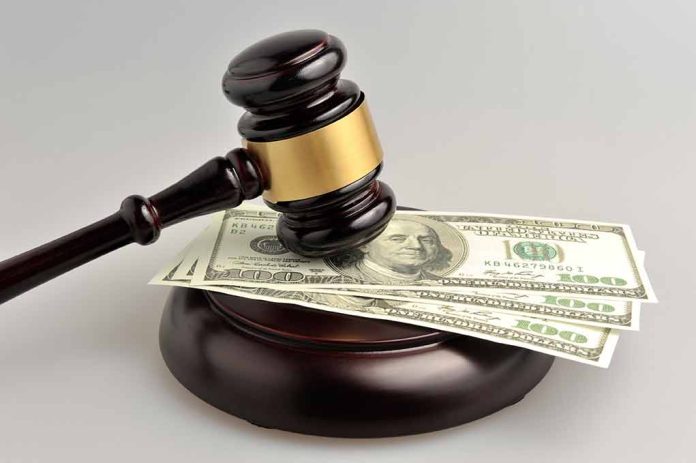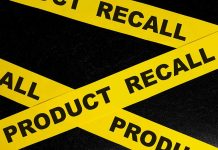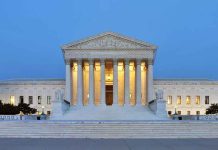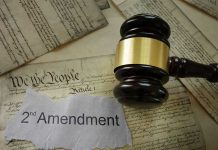
Walgreens to pay $106.8 million in Medicare and Medicaid fraud settlement, blaming software glitch for billing errors.
At a Glance
- Walgreens agrees to pay $106.8 million to resolve False Claims Act violations
- Settlement covers fraudulent billing for unpicked prescriptions from 2009 to 2020
- Whistleblowers to receive substantial rewards for initiating federal investigations
- Walgreens denies liability, attributes issue to software error
Walgreens Settles Multimillion-Dollar Fraud Claims
Walgreens Boots Alliance, Inc. has agreed to pay $106.8 million to settle allegations of submitting fraudulent claims to Medicare and Medicaid. The Department of Justice accused the pharmacy giant of billing federal health care programs for prescriptions that were never picked up by patients, covering a period from 2009 to 2020. This settlement resolves federal claims in three states: New Mexico, Texas, and Florida.
WALGREENS PAYS $106.8M TO SETTLE FALSE CLAIMS ACT ALLEGATIONS
Walgreens Boots Alliance $WBA has agreed to pay $106.8M to resolve allegations of False Claims Act violations. Between 2009 and 2020, Walgreens allegedly billed government health care programs like Medicare and…
— Wall St Engine (@wallstengine) September 13, 2024
The Nature of the Fraud and Walgreens’ Response
The crux of the allegations revolves around Walgreens submitting false claims to Medicare, Medicaid, and other federal health care programs for prescriptions that were never dispensed to patients. While denying any liability, Walgreens has attributed the issue to a software error in their electronic pharmacy management system.
“Due to a software error, we inadvertently billed some government health care programs for a relatively small number of prescriptions our patients submitted but never picked up,” a Walgreens spokesperson said in a statement to Fox Business.
The company reported that they have since corrected the error, informed the government, and refunded all overpayments. Prior to this settlement, Walgreens had already refunded $66.32 million and implemented changes to their electronic systems to prevent future false billings.
Whistleblowers and Their Rewards
The case came to light through the efforts of whistleblowers who will receive substantial financial rewards from the settlement. Steven Turck, a former Walgreens pharmacy manager, will receive $14.92 million for initiating a federal investigation in Texas. Additionally, Andrew Bustos, a former Walgreens district pharmacy supervisor, will be awarded $1.62 million for sparking a federal investigation in New Mexico.
“Millions of Americans rely on the promise of federal healthcare through programs like Medicare and Medicaid,” U.S. Attorney Alexander Uballez of New Mexico said. “Fraudulently billing for prescriptions which are never dispensed endangers the integrity of these critical programs.”
These rewards highlight the importance of insider information in uncovering fraudulent practices within large corporations and the government’s commitment to protecting whistleblowers who come forward with crucial information.
Implications for Healthcare Integrity
This settlement underscores the federal government’s dedication to combating fraud in health care programs. It serves as a stark reminder to healthcare providers and pharmacies of the severe consequences of false billing practices, whether intentional or due to system errors. The case also emphasizes the critical role of internal oversight and the need for robust electronic systems to prevent such discrepancies in the future.
As the healthcare industry continues to rely heavily on electronic systems for billing and prescription management, this case highlights the importance of regular audits and system checks to ensure compliance with federal regulations. It also serves as a cautionary tale for other healthcare providers to review their own practices and systems to avoid similar pitfalls.

















